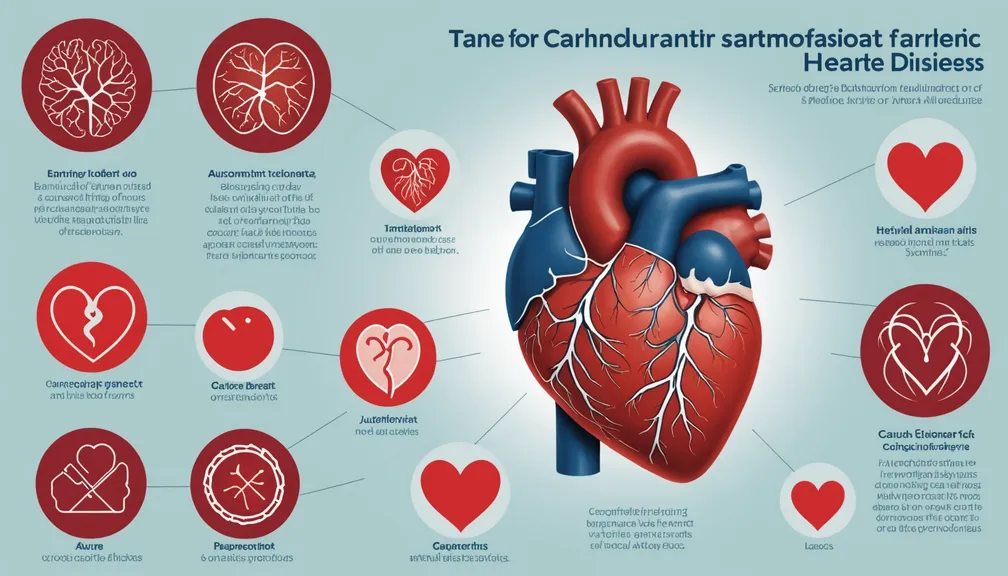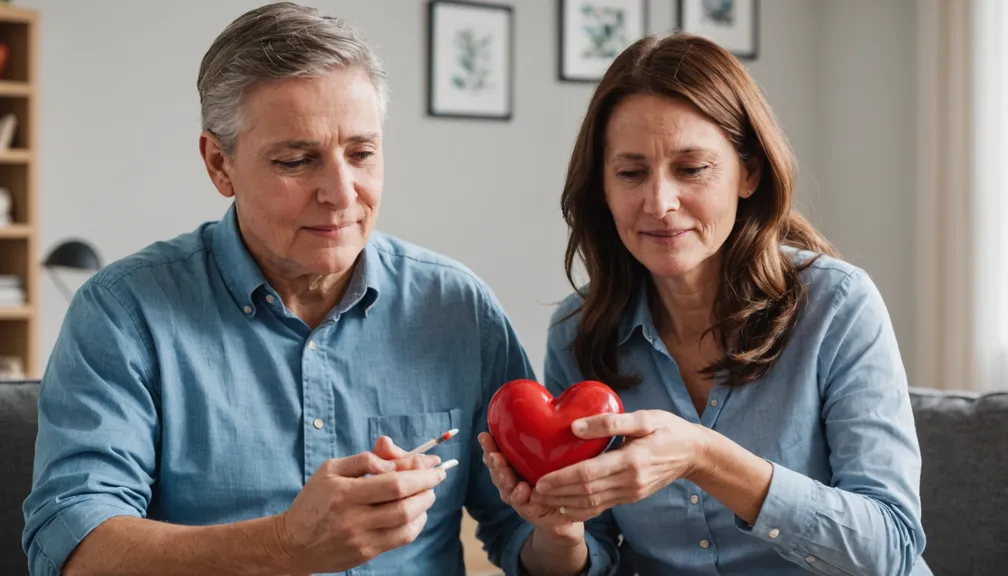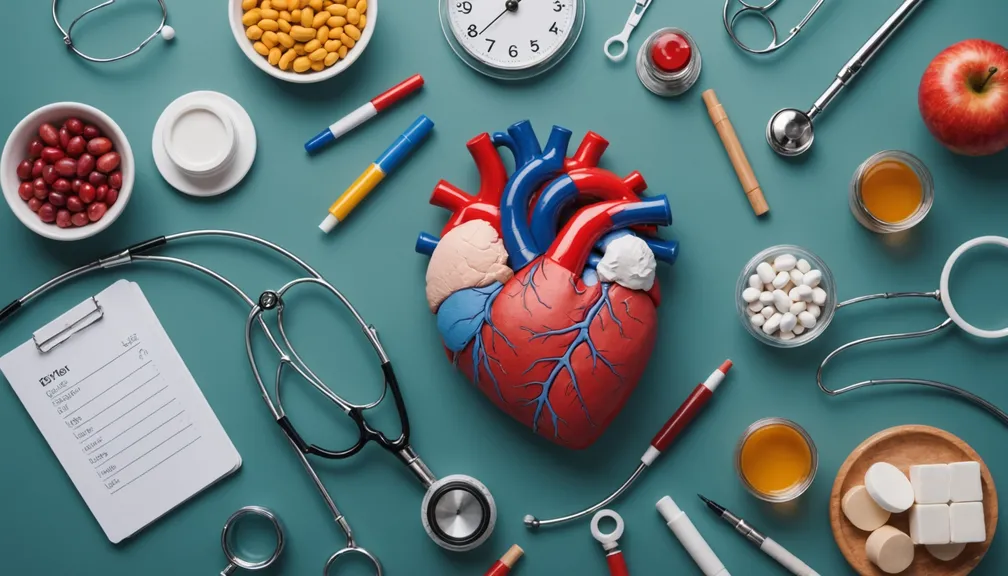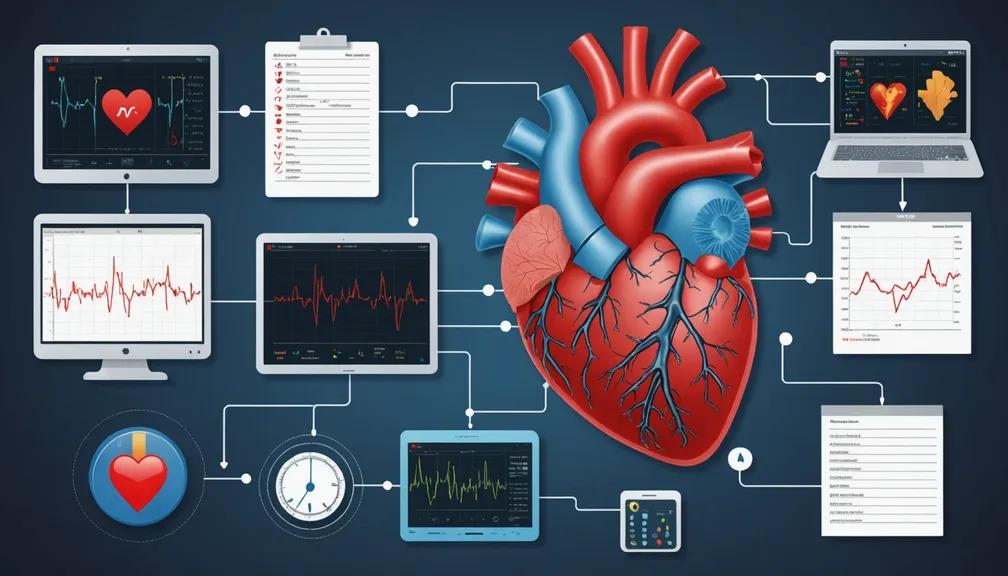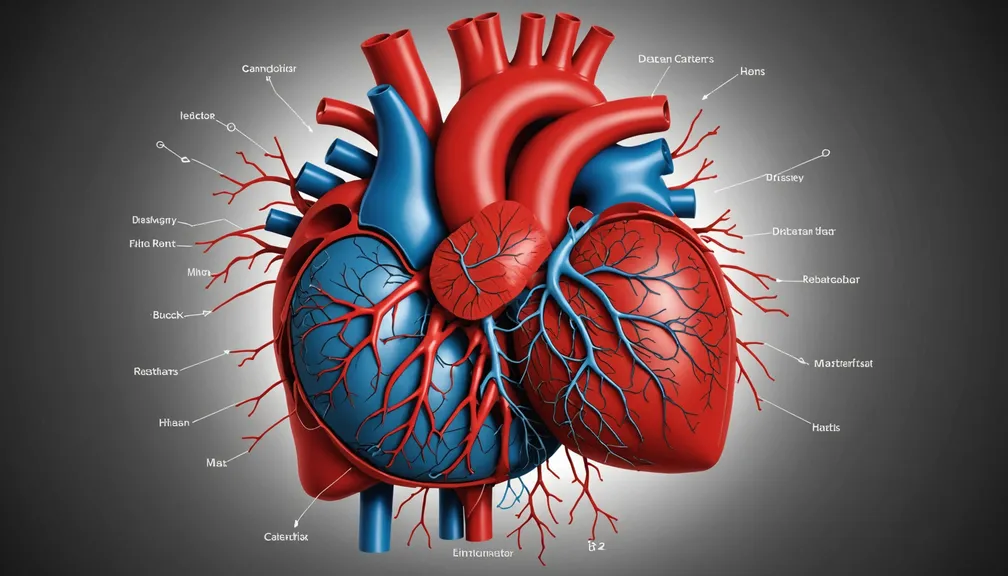Connecting with Specialists and Support Groups
When managing a rare cardiovascular disease, connecting with the right specialists and support groups is crucial for effective care and emotional support. This lesson will guide you through understanding your healthcare team, finding the right specialists, building a support network, and communicating effectively with your healthcare providers.
Understanding Your Healthcare Team
Your healthcare team is made up of various specialists and professionals who work together to provide comprehensive care for your rare cardiovascular condition.
Types of Specialists:
-
Cardiologist: A doctor specializing in heart and blood vessel conditions. They oversee your overall cardiac care, monitor your heart health, and manage treatment plans.
-
Genetic Counselor: If your condition is inherited, a genetic counselor can help you understand your genetic risks, interpret test results, and discuss family planning options.
-
Cardiothoracic Surgeon: A surgeon who performs operations on the heart and chest, such as corrective surgeries for structural heart defects.
-
Electrophysiologist: A cardiologist who specializes in the electrical activities of the heart. They manage arrhythmias and may perform procedures like pacemaker implantation.
Other Health Professionals:
-
Registered Nurse (RN): Provides day-to-day care, administers medications, and educates you about managing your condition.
-
Dietitian/Nutritionist: Offers personalized dietary advice to support heart health and overall well-being.
-
Mental Health Professional: Assists with emotional and psychological challenges related to living with a rare disease, offering counseling and coping strategies.
Finding the Right Specialists
Locating and choosing the right specialists is essential for effective disease management.
How to Locate Specialists:
-
Referrals from Your Primary Care Physician: Your primary doctor can refer you to trusted specialists within your area or recommend centers specializing in rare cardiovascular diseases.
-
Medical Centers and Hospitals: Look for hospitals known for their cardiology departments or those that participate in specialized rare disease programs.
-
Patient Advocacy Organizations: These groups often have directories or can provide recommendations for specialists experienced in treating your specific condition.
Questions to Ask Potential Doctors:
- Experience and Expertise:
- How many patients with my condition have you treated?
-
What is your approach to managing this rare cardiovascular disease?
-
Treatment Options:
- What are the available treatment options?
-
Are there any new or experimental therapies I should consider?
-
Communication:
- How do you prefer to communicate with your patients?
- Will I be able to contact you with questions between appointments?
Referrals and Second Opinions:
-
Referrals: Don’t hesitate to ask your current healthcare providers for referrals to specialists who have experience with your condition.
-
Second Opinions: Seeking a second opinion can provide additional perspectives on your diagnosis and treatment plan, ensuring you make informed decisions about your care.
Building a Support Network
A strong support network can significantly impact your emotional well-being and help you navigate the challenges of a rare cardiovascular disease.
Importance of Support Groups:
-
Emotional Support: Sharing experiences with others who understand your situation can provide comfort and reduce feelings of isolation.
-
Information Sharing: Support groups are valuable for exchanging information about managing your condition, treatment options, and coping strategies.
Types of Support Groups:
-
In-Person Groups: Local meet-ups or organized group sessions where you can connect face-to-face with others facing similar health challenges.
-
Online Communities: Virtual forums, social media groups, and online chat platforms offer flexible ways to connect, especially if local groups are not available.
Benefits of Connecting with Others:
-
Shared Experiences: Learn from others’ journeys and gain insights into managing your condition.
-
Practical Advice: Receive tips on daily living, treatment adherence, and navigating the healthcare system.
-
Emotional Resilience: Building friendships and support can enhance your ability to cope with the emotional aspects of your disease.
Communicating Effectively with Your Healthcare Team
Clear and effective communication with your healthcare providers ensures you receive the best possible care.
Preparing for Appointments:
-
List Your Concerns: Write down any symptoms, questions, or concerns you want to discuss to ensure nothing is overlooked during the appointment.
-
Medical History: Be prepared to provide a detailed medical history, including any previous treatments, medications, and family health information.
Keeping Track of Medications and Treatment Plans:
-
Medication List: Maintain an updated list of all medications you are taking, including dosages and schedules.
-
Treatment Schedule: Keep a calendar of appointments, procedures, and follow-up visits to stay organized and informed about your care plan.
Expressing Your Needs and Concerns:
-
Be Honest: Share your feelings, fears, and any difficulties you are experiencing openly with your healthcare team.
-
Ask Questions: Don’t hesitate to ask for clarification on medical terms, treatment options, or any aspect of your care that you don’t understand.
Resources for Support
Accessing additional resources can provide further assistance and information for managing your rare cardiovascular disease.
Patient Advocacy Organizations:
-
Role: These organizations advocate for patients’ rights, provide education, and offer support services tailored to your specific condition.
-
Services: They may offer helplines, informational materials, and connections to specialists or support groups.
Local and National Organizations:
-
Local Groups: Community-based organizations can connect you with nearby resources and support networks.
-
National Groups: National organizations often have extensive resources, including research updates, funding opportunities, and nationwide support networks.
Patient Education Materials:
-
Books and Brochures: Informative materials that provide in-depth knowledge about your condition, treatment options, and lifestyle management.
-
Workshops and Seminars: Educational sessions that offer learning opportunities and chances to ask questions from experts in the field.
Connecting with the right specialists and building a supportive network are vital steps in managing a rare cardiovascular disease. By understanding your healthcare team, finding experienced specialists, engaging with support groups, and communicating effectively, you can enhance your care experience and improve your quality of life.
